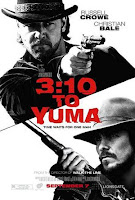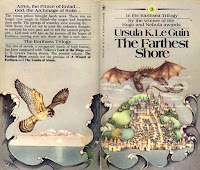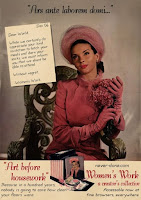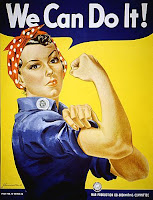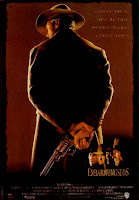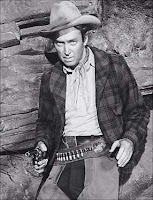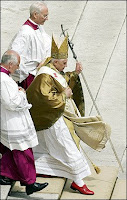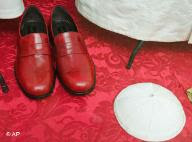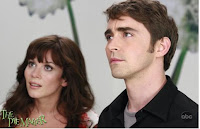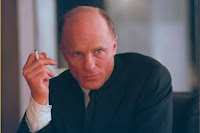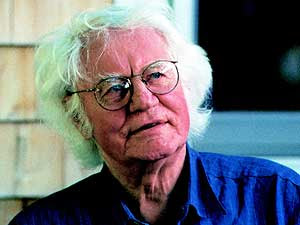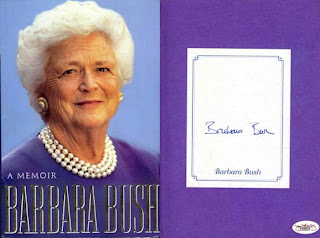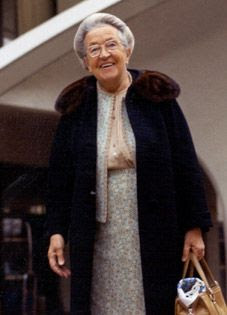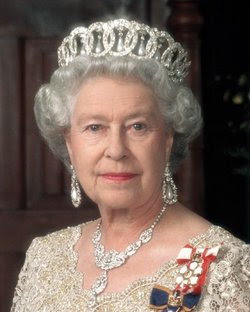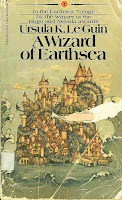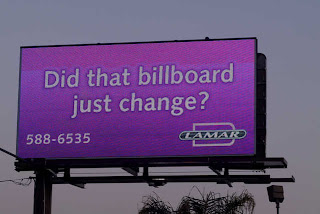
John Lennon
Imagine there's no heaven
It's easy if you try
No hell below us
Above us only sky
Imagine all the people
Living for today...
Imagine there's no countries
It isn't hard to do
Nothing to kill or die for
And no religion too
Imagine all the people
Living life in peace...
Imagine no possessions
I wonder if you can
No need for greed or hunger
In a brotherhood of man
Imagine all the people
Sharing all the world...
You may say I'm a dreamer
But I'm not the only one
I hope some day you'll join us
And the world will be as one
Imagination is a key to politics. It is an organ through which we know the transcendent, the foundation upon which the rest of our political order ought to be based. Stories and poems and songs remind us of experiences that we've had and help us to understand and order those experiences. In this song, however, Lennon undermines the imagination and replaces it with gnosticism: he cuts off part of human existence--the transcendent--hoping that this will result in peace. Lennon wants the listener to use imagination to undermine imagination's existence. For if we lived the way that he asks us to, there would no longer be a reason for imagination. For imagination is the way that we learn what it is we ought to be willing to die for and what there is to live for beyond today.


